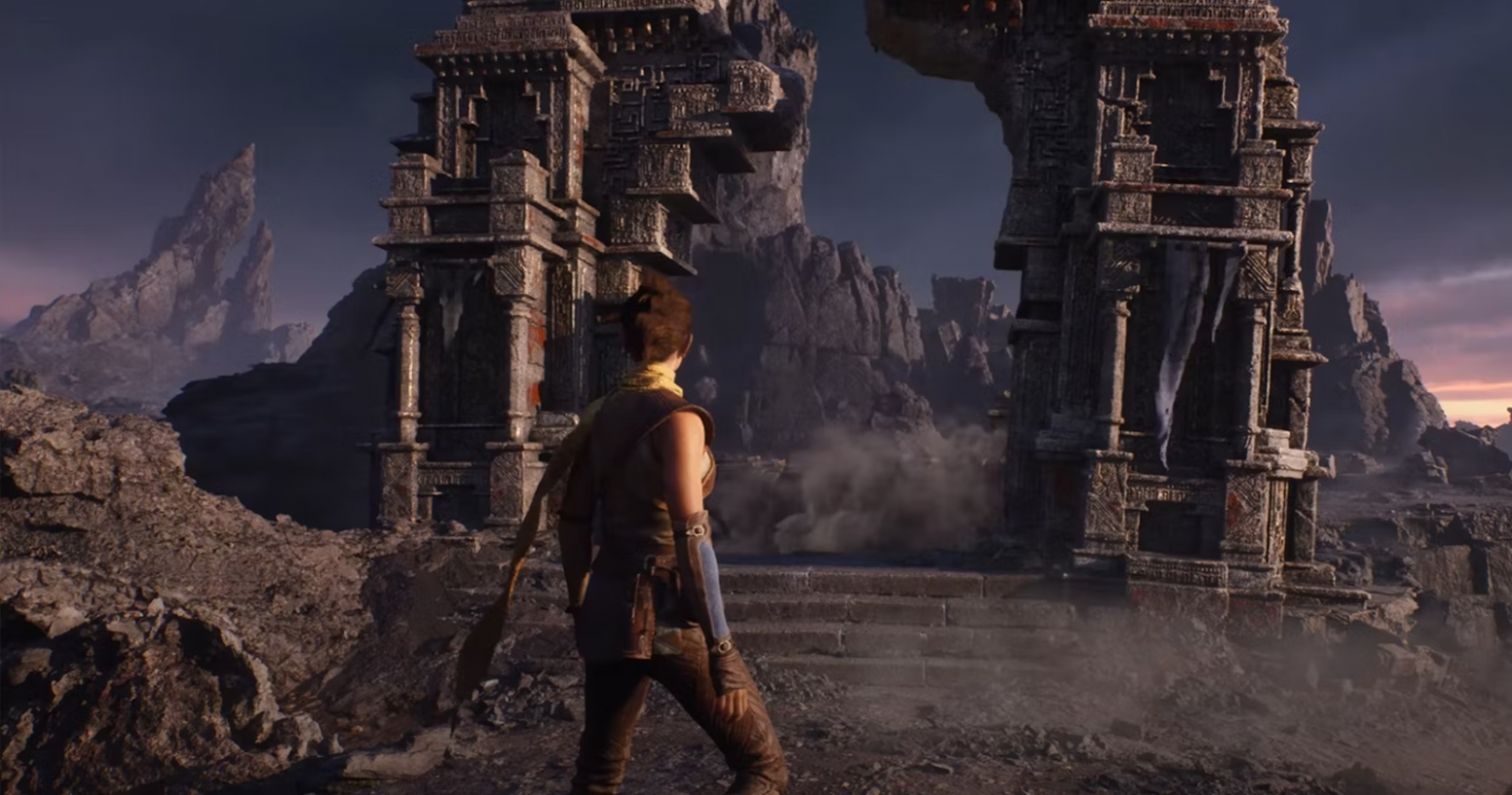Advantages and disadvantages of AI in gaming
Despite all the above—described charms, AI is a double-edged sword. Yes, it can create vast open worlds, enrich interactions with non-player characters, and create stunning visual effects. It also proves valuable to developers by automating simple repetitive tasks and performing quality control on huge amounts of game material. However, creating content may require help to go beyond simple tasks. The procedural generated content, although extensive, can be unpredictable and repetitive. For example, open worlds may look typical, like Khrushchev, and human characters may have three arms or two heads.
AI training in game development requires significant computing resources, which potentially increases the cost of the final product. In addition, ethical issues still remain, as AI has difficulty distinguishing between intentional and unintended actions. For example, when moderating content, a joke in a chat can be regarded as hate, and the user will be banned, while the player who exhibits toxic behavior during the quest will remain in the game.
The future of AI in the gaming industry
Future applications of AI in gaming involve the use of new hardware capabilities. With the advent of peripheral AI devices, this technology is becoming closer to the sources of collected data (such as pulse, blood pressure, eye movement, etc.). If this is supplemented with VR/AR interfaces such as brain-computer and quantum computing, then games are likely to become even more exciting than real life. The expanded possibilities of open worlds and the development of characters in virtual realities will allow people to interact with each other and creatively realize themselves. But ethical concerns about such an escape from the real world are growing in proportion to the popularity of games using artificial intelligence.
Conclusion
Artificial intelligence in the gaming industry provides unprecedented rates of improvement in the user experience and software scalability. So it looks like we're going to see it go mainstream soon. Some applications of AI in games are purely practical (for example, testing), while others are very far-fetched (for example, BCI). One thing is for sure: the introduction of AI requires a lot of research and experiments. An iterative approach can contribute to the development of this technology, because, as Lao Tzu said, "a journey of a thousand miles begins with one step."

